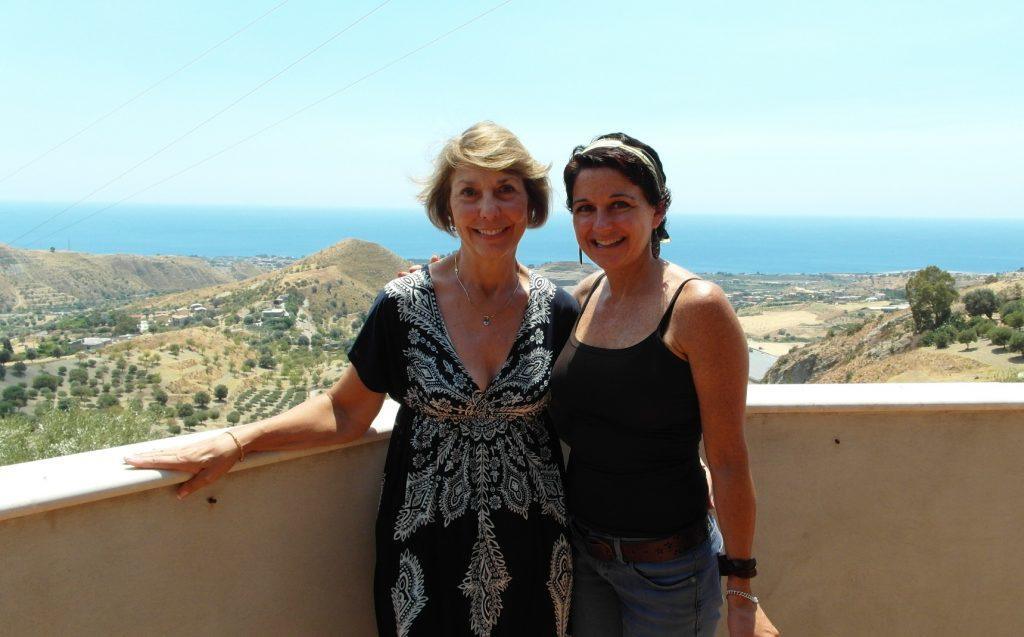 During the summer of 2010, I took a trip back to my “ancestral village” in the remote mountains of Molise, about 100 kilometers from nowhere. I didn’t know much about the place; only that my great-grandfather had left there in 1880s with 20 lire in his pocket and a one-way ticket to the American Dream.
During the summer of 2010, I took a trip back to my “ancestral village” in the remote mountains of Molise, about 100 kilometers from nowhere. I didn’t know much about the place; only that my great-grandfather had left there in 1880s with 20 lire in his pocket and a one-way ticket to the American Dream.
Recreating his journey in reverse was one the best travel experiences of my entire life. Although I was excited about seeing the origins of my roots, I wasn’t prepared for the emotions that awaited me at the end of the road. It’s hard to explain the overwhelming feelings when confronted by the reality of how much he sacrificed—and how much I’ve benefited from his choice. (Well, I literally wouldn’t be here if he hadn’t, but I’m referring to a more philosophical argument.)
Anyway, if I have one regret about that trip it’s that I wasn’t nearly prepared enough to get the most out of the experience. My cousin and I did all of the “research” beforehand, relying on our own limited skills and a few random websites. Suffice to say that were left with some considerable holes in our findings. We did the best we could, but in the end it was a pretty weak effort.
Alas, we saw his village, and even met a few people with the same last name. But we never did realize the grand reunion/homecoming that I had been imagining. We should have hired a professional. Lesson learned.
Digging up Roots in the Boot
Many people are into genealogy these days, and yes, there are plenty of websites to help. But like any search tool, they’re only as good as the person wielding them. It’s A LOT harder than you think it’s going to be.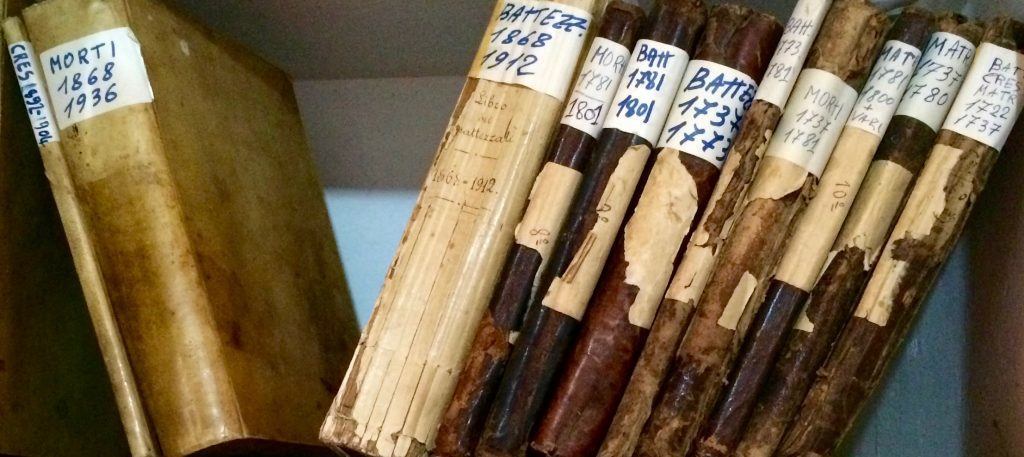
At the time I didn’t speak very good Italian, so that’s obstacle number one. Then you have to be persistent to the nth degree, with the tenacity of a bulldog. And of course, there are certain “tricks” and techniques that can only be acquired through trial and error. Lots of error.
So this brings me to my guest on today’s podcast, who is exactly the person I should have contacted ahead of my homecoming trip. Not only would she have saved us time and aggravation, but the process would have seen its way to the triumphant end instead of falling short and leaving us a more than a little disappointed.
Like me, Laura learned the hard way through her own homecoming journey. Unlike me, she kept pushing through until she achieved her goal. Now she’s an Italian citizen living in Calabria, and she has tons of experience in battling with the comuni, churches, and other sources of genealogy information.
By the way, that’s a lesson for getting anything done in Italy: the first “no” is only the opening salvo in any negotiation. Let it bounce off, retreat temporarily, and then come back at the problem from a slightly different angle. “Non è possibile,” (It’s not possible) really means, “I just don’t feel like it at the moment. Try again another time and maybe I’ll be in a better mood.”
[bctt tweet=”Lesson for getting anything done in Italy: the first “no” is only the opening salvo. ” username=”RickZullo1″]
Laura Watson
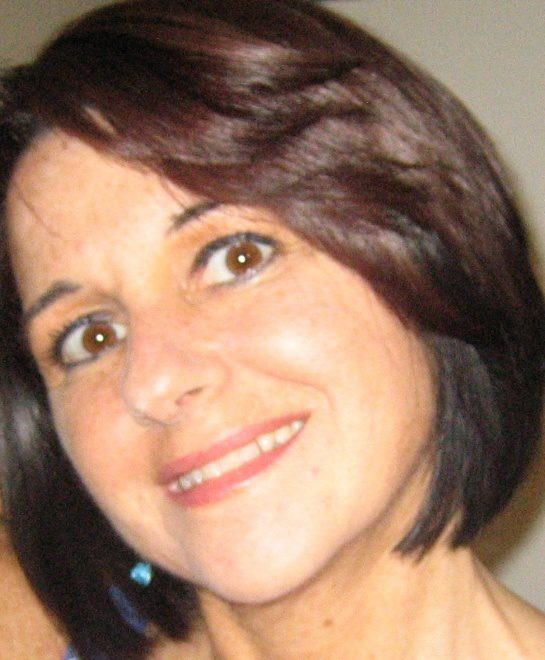 Laura Watson is a proud third generation Italian American who ventured abroad to Italy in 2005 with the intention of digging a little deeper into her Italian roots. She visited her ancestral villages in Sicily, where she met and developed ongoing relationships with distant cousins. She’s also had her Italian citizenship recognized along the way.
Laura Watson is a proud third generation Italian American who ventured abroad to Italy in 2005 with the intention of digging a little deeper into her Italian roots. She visited her ancestral villages in Sicily, where she met and developed ongoing relationships with distant cousins. She’s also had her Italian citizenship recognized along the way.
It was after this amazing journey that she decided to dedicate herself to promoting the richness of Italian cultural heritage, while helping other individuals realize their dreams of a homecoming experience.
I’d like to give a big GRAZIE to Laura for chatting with me on the podcast today, and reminding me of how wonderful it is to have roots in the boot. Check out her website where she offers various genealogy services including document research, citizenship consultations, and Italian heritage tours. Honestly, I could have used her help in all three areas, but it’s the heritage tour that I really missed out on.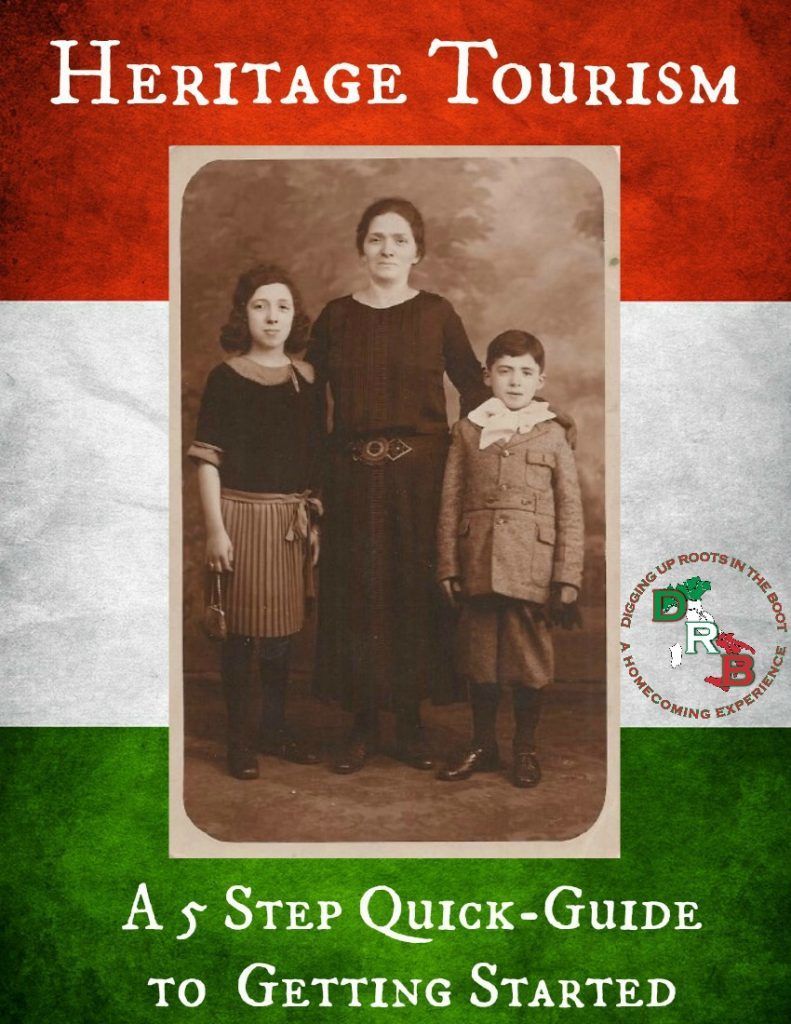
If you have any Italian ancestry, check out her free Heritage Tourism Guide where she lays out a simple 5-Step approach to getting started on your own journey. This alone would have saved me weeks, even if I would have still needed her personalized help in the end.
So if you’re interested in “Digging up YOUR Roots in the Boot,” I hope you’ll tune into today’s episode. And even if it doesn’t directly apply to you, I know that you’ll still find the discussion fascinating. Life as an expat in Italy is many things…but it is never dull!
Click the link to check out other episodes and see my list of the best podcasts about Italy.
Podcast: Play in new window | Download (Duration: 33:03 — 30.3MB) | Embed
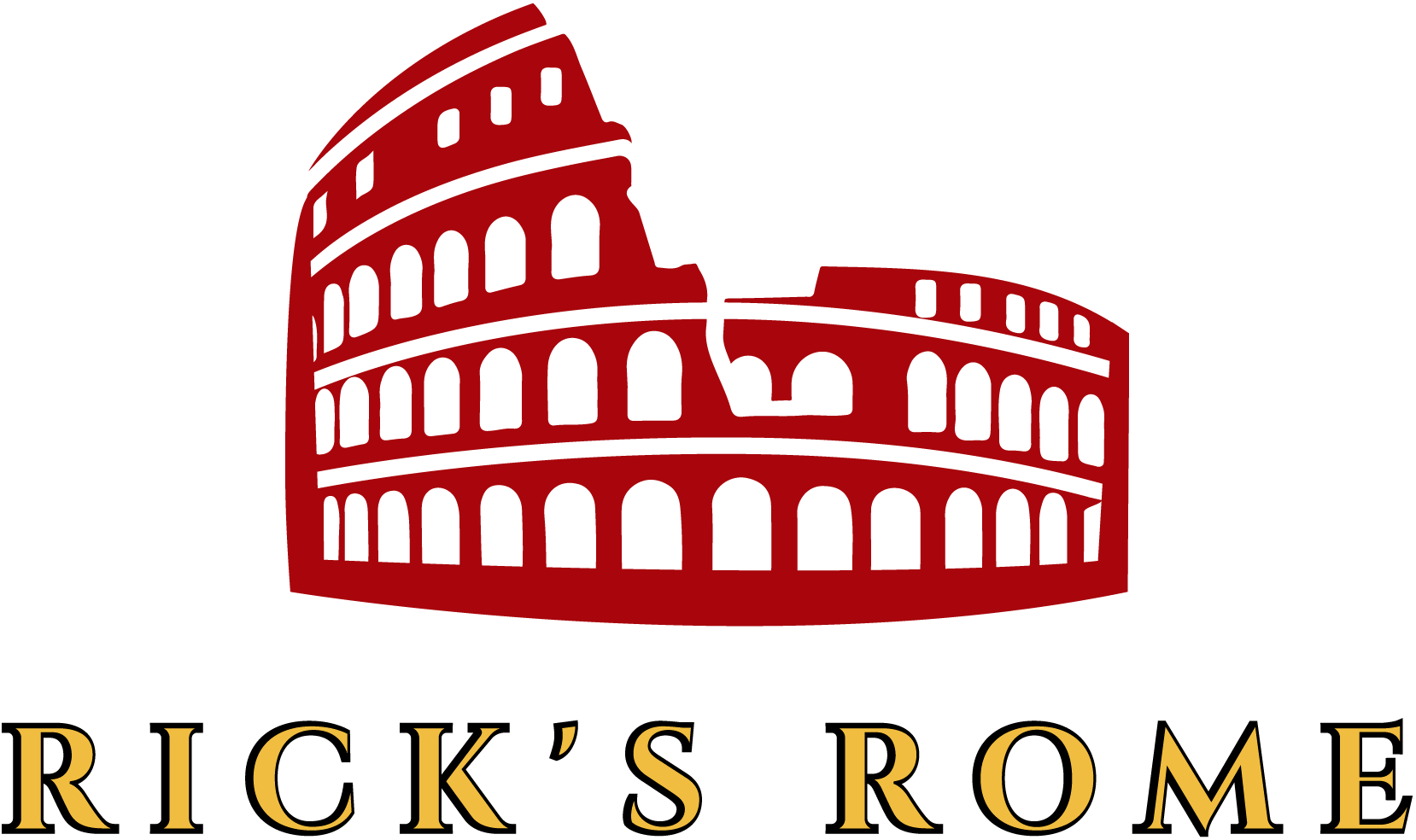
If you have interest in the town of Sassano, 100 km south of Salerno, I have created a list of civil records. Just search for “The Sassano Project”. You will find a free (and searchable) list of births, marriages and deaths from the years 1866 to 1910 in Sassano. Just email me if you need any help.
Hi Peter, and grazie! I’ve passed on your information to Laura. I’m sure she’ll appreciate it! Ciao!
Hi Rick,
I hope Laura can use them. You can tell her that the records were transcribed from the Latter Day Saints microfilms for Sassano.
Very interesting podcast Rick and Laura. I spend a month each summer in Orsara di Puglia where I was born and I often have paesani coming to find me saying that there are ‘Americani’ or ‘inglese’ at so and so spot in town looking for parenti but they don’t speak any Italian. I usually do what I can to help, but it amazes me that they think they can breeze through town in one afternoon-not even staying the night-and find long lost relatives! I’ve had to give quite a bit of advice, usually come back when you have more time and have done some leg work. I have had a few successes where I’ve been able to point them in the right direction and they have found distant family members -or have found out that anyone left moved to Boston in the 1970’s!
One correction on your info-the majority of immigration to Canada isn’t on the same timeline as the US but more like Australia, mostly 1950-70’s, so ‘newer’ than most italoamericani. My parents and I came to Canada in the late 60’s.
Rick you might have parenti in Orsara where Zullo is like Smith! You never know. Ciao, Cristina
Hey Cristina, thanks so much for your very helpful input! Yes, I wasn’t quite as “clueless” as the typical family origin seeker that you describe…but I was close. I did some research online and I spoke some Italian. But even that wasn’t enough. I should have made contact with some locals before I went. Lesson learned. Thanks again for stopping by the blog…ciao!!!
I became a dual citizen with Italy last year via the Consolato Generale d’Italia Los Angeles. My lineage is via my Grandfather who was born in Riolunato, a small town in the mountains west of Modena. After two years of acquiring all the necessary docs I was finally handed my Italian/Euro Passport. Just being ushered through the Fiumicino Airport Euro Passport turnstile with no line as opposed to the non-Euro Passport turnstile, with a line of about three hundred people, made every bureaucratic headache I endured well worth it.
Congratulations! Yes, many people give up too soon. It’s very doable, but the time and number of hoops can be daunting.
My great great grandmother was Italian according to family lore. I believed but didn’t believe. Did a DNA test and family lore was right. There is Italian part in my DNA. Know I have no way of finding out who she was since I only have a first name. Not looking to obtain an Italian passport just wanted to know where my ancestors came from. I do genealogy the old fashion way with a microfilm reader and microfilms.
That’s an interesting comment and it made me wonder something: since the DNA testing is becoming more common and they are cataloging these tests, perhaps it’s possible to locate a family name/town just by DNA alone. I’ll have to run that by Laura, but I’d be curious to find out the feasibility of that.
@ Rick,
The major DNA companies (My Family Tree, Ancestry, 23 and Me possibly more) have a site where you can (if you decide to) upload your DNA results so everyone who has tested and you both share common DNA can email you. I tested with My Family Tree and have about 100 people that are related to me meaning we share some DNA. I have not uploaded my results to common DNA website. One gentleman and I compared notes and know that we share the same gr gr gr grandparents. With MFT they also tell you the person is a child or 2-4th, 3-5th cousin. And they break down with percentages what areas of the world your ancestors are from. I read that 4 million people have taken DNA tests.
I started this journey a long time ago, but put it away for now. I’m missing one piece of information still to know if I’m eligible. I’ll get there one day, but I’ve known lots of folks that have gone through the process and it’s a long journey.
It’s a long journey even if you have all the information. But I know plenty that have done it. For those who enjoy the “hunt,” then scrounging around the Internet can be fun. Personally, I regret not hiring a professional when I attempted this six years ago.